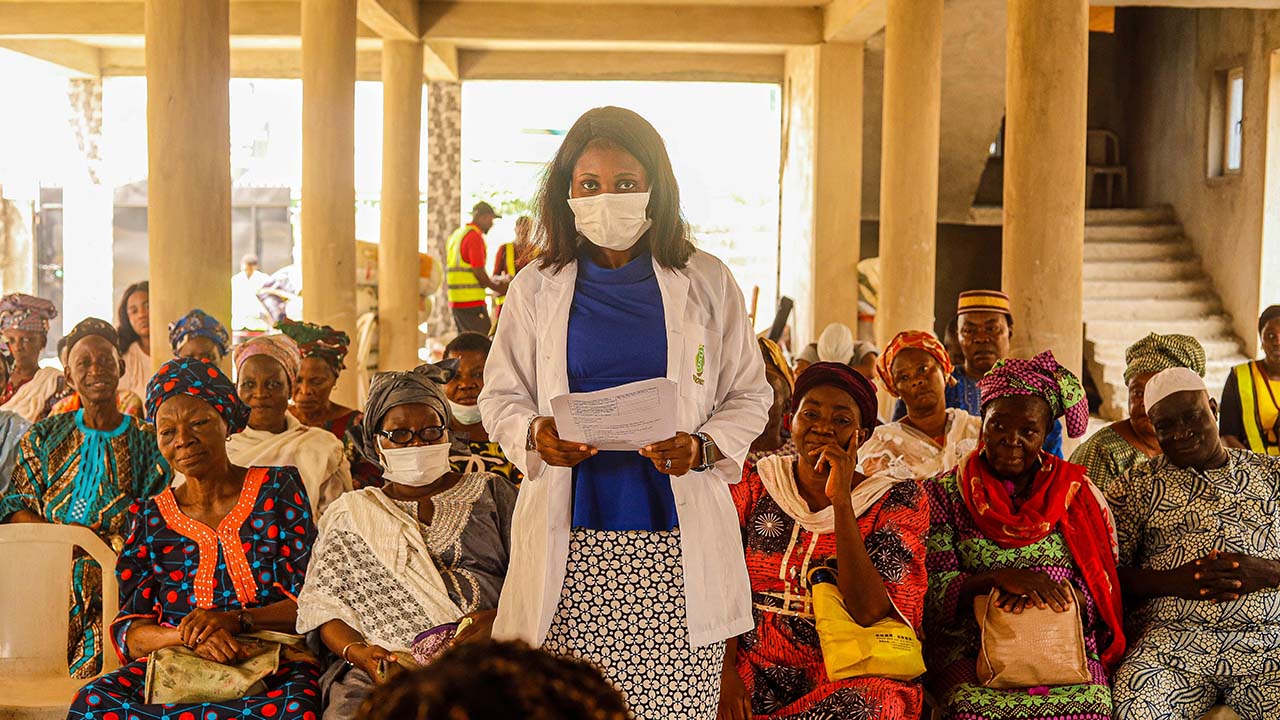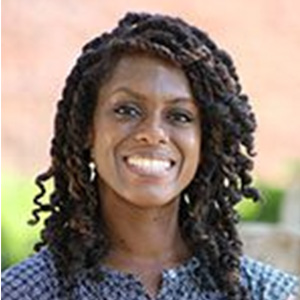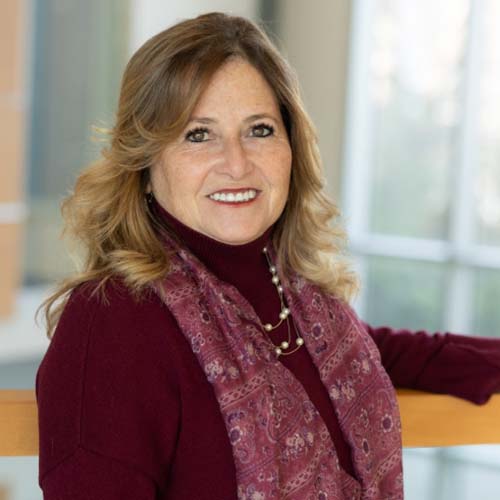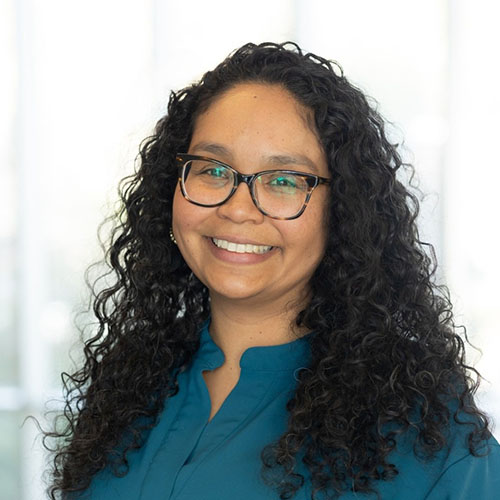Public Health and Community Health Education Degree (PHCH)
Be the force that keeps communities healthy and safe. Focus on prevention, health equity, and real-world impact beyond the clinic.
Be the Force Behind Healthier Communities and the Future of Public Health.
Request Info Curriculum Guide Apply
Degree: Bachelor of Science
Program Delivery: On Campus
Internship: Required, community-based
Cost: ~$466 per credit (Affordable State Rate)
Certification: CHES® exam eligible
Focus: Rural Health & Health Equity
Next Term: Fall
Why Join the MCLA Public Health?
Public health focuses on prevention, not just treatment. This program prepares you to work directly with communities, addressing the social, environmental, and systemic factors that shape health outcomes and access to care.
The Interdisciplinary Advantage
Public health challenges are complex. At MCLA, you integrate biology with psychology, sociology, political science, and environmental studies, graduating with both scientific insight and the social skills needed to change health behaviors.
Job-Embedded Experience
Learning extends beyond the classroom. Through service learning and internships with rural health partners in the Berkshires, students address real challenges such as nutrition access, mental health, and community wellbeing.
National Certification Ready
The curriculum aligns with NCHEC competencies, preparing graduates to sit for the Certified Health Education Specialist (CHES®) exam, a nationally recognized professional credential.
Career Outlook & Program Outcomes
Where This Credential Takes You
This degree supports both healthcare-related and non-clinical pathways, offering foundational preparation and flexibility across healthcare, education, policy, and community-based work. Our graduates work across healthcare systems, government agencies, nonprofits, research institutions, and corporations, preventing disease, shaping policy, and building programs that reach the people traditional medicine leaves behind.
Career Opportunities
Clinical & Healthcare Systems
Epidemiologist · Biostatistician · Health Data Analyst · Healthcare Administrator · Patient Advocate · Clinical Research Coordinator
Community & Social Impact
Community Health Worker · Health Educator · Social Services Program Manager · Nonprofit Program Director · Outreach Coordinator
Policy, Government & Research
Public Health Policy Analyst · Environmental Health Specialist · Global Health Consultant · Emergency Preparedness Specialist · Government Health Agency Officer
Corporate & Wellness
Corporate Wellness Manager · Occupational Health Specialist · Employee Benefits Consultant · Health Communications Specialist
Skills You Will Master
Your Path to Public Health Education
Foundations (Years 1-2)
Format: On-campus core curriculum
Focus: Biology, introduction to public health, and understanding the U.S. healthcare system
Community Immersion (Year 3)
Format: Advanced coursework and service learning
Focus: Epidemiology, environmental health, and engagement with Berkshire community partners
The Internship (Year 4 - Fall)
Format: Site-based placement
Focus: Hands-on experience with approved community, nonprofit, or healthcare organizations
Research & Capstone (Year 4 - Spring)
Format: Seminar and independent project
Focus: Capstone presentation, applied research, and preparation for the CHES exam
Public Health & Community Health Courses
Public Health & Community Health Faculty
Meet Your Mentors
Internships & Research
An internship is a required component of the Public Health and Community Health Education degree, giving students hands-on experience in planning and implementing a community health project. Students are also encouraged to pursue independent research, additional internships, and other experiential opportunities, with the option to complete extra internships and begin collaborating with faculty on research as early as their first year at MCLA.
Internship Locations
- Berkshire Area Health
- Education Council (AHEC)
- North Berkshire Community Coalition (NBCC)
- Community Health Program (CHP)
- Berkshire Arc
- Berkshire Family and Individual Resources (BFAIR)
- The Nutrition Center
- MountainOne Health Services
- Berkshire Health Systems (BHS)
Details on the Program
We are committed to advancing the health and well-being of our region and the world. Our mission is to educate and empower the next generation of public health leaders with the knowledge, skills, and values necessary to promote health equity, prevent disease, and build resilient communities.
The program’s goals are to:
- Foster Holistic Health: Our program emphasizes a holistic approach to public health, recognizing that physical, mental, and social well-being are interconnected. We aim to prepare graduates who understand and address health disparities across diverse populations.
- Cultivate Community Engagement: We value the active engagement of our students with the local community, encouraging them to learn from and contribute to the unique challenges and opportunities of rural public health. Through service learning, internships, and research, our students make a meaningful impact.
- Promote Interdisciplinary Collaboration: We encourage collaboration among our students, faculty, and community partners. We believe that addressing complex public health issues requires interdisciplinary teamwork, involving experts in various fields.
- Advocate for Health Equity: Our program is dedicated to social justice, with a focus on reducing health disparities and promoting health equity. We train students to be advocates for change, working to ensure that all individuals have an equal opportunity to lead healthy lives.
- Embrace Innovation: We stay current with evolving public health trends and technology, equipping our students with the tools to adapt to a rapidly changing landscape. Our graduates are innovative problem solvers who create sustainable solutions.
- Prepare Global Citizens: Our students are not only equipped to address local health challenges but also prepared to think globally. We emphasize the interconnectedness of the world and the importance of international perspectives in public health.
- Instill a Lifelong Commitment: Our program's impact extends beyond graduation. We inspire lifelong learners who are dedicated to making an enduring difference in public health.
NECHE
Massachusetts College of Liberal Arts is regionally accredited by the New England
Commission of Higher Education.
NCHEC Aligned
Coursework meets the competency areas required for the Certified Health Education
Specialist (CHES®) examination.
Admission Requirements
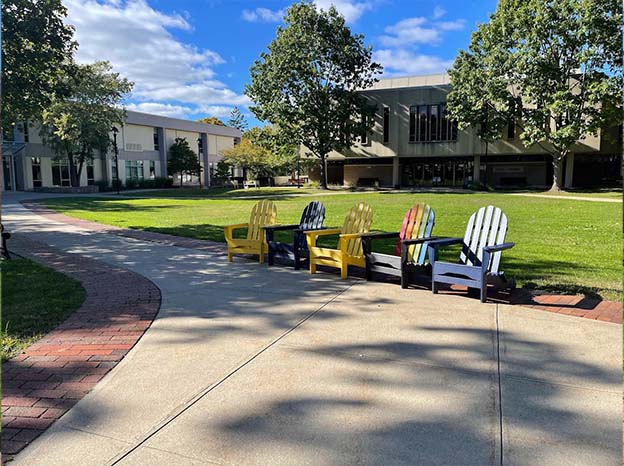
- High school diploma or equivalent
- Admission to Massachusetts College of Liberal Arts
- Completion of required coursework as outlined in the major
- Internship eligibility based on academic standing
Frequently Asked Questions
Students complete internships with approved community partners, including health systems, nonprofits, schools, and public agencies.
Some graduates pursue medical or other clinical graduate programs, but additional prerequisite coursework may be required.
Interested in Learning More About MCLA's Public Health Program?
Reach Out To Us
We’ll share helpful information and student stories, and we promise not to flood your inbox.

